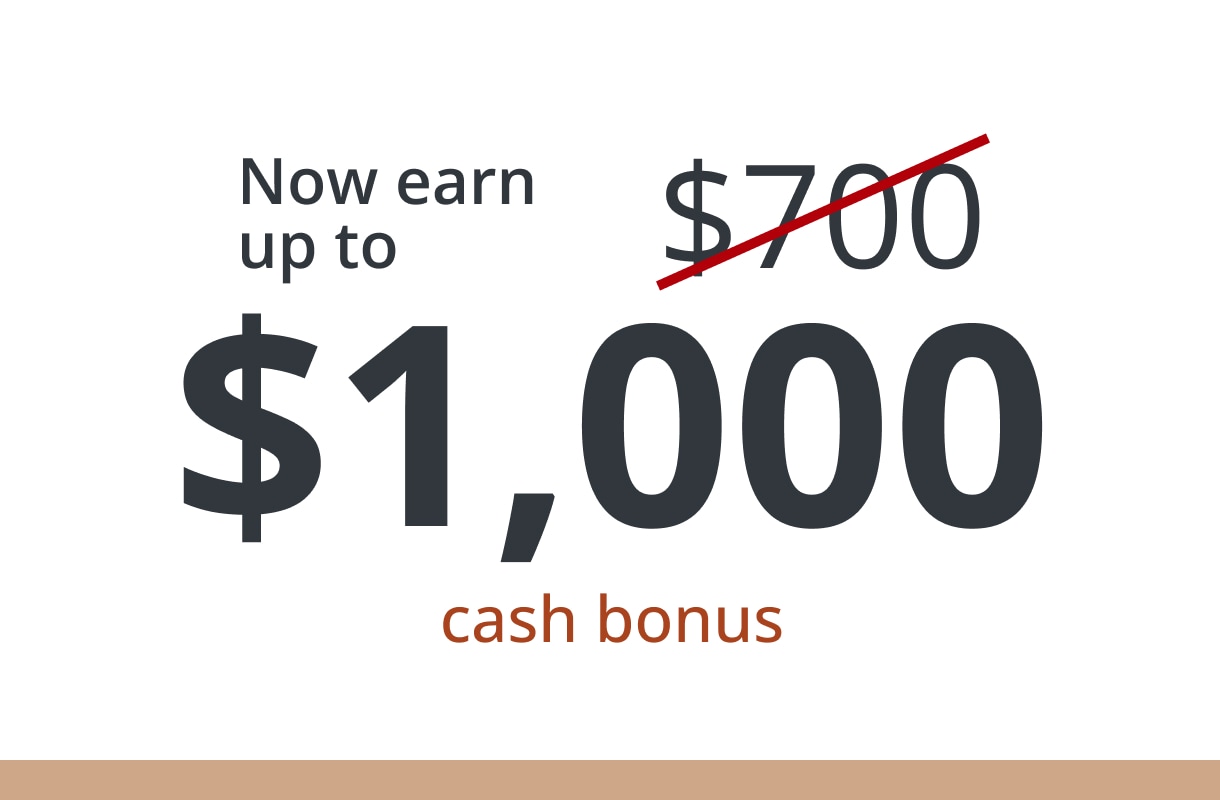INVESTMENT ACCOUNTS Which investment account is right for you?
Compare the benefits of a General Investment account, Roth Individual Retirement Account and Traditional Individual Retirement Account to decide what type of J.P. Morgan Self-Directed Investing account is best for you.
Account types at-a-glance
General Investment
A General Investment account, also known as a brokerage account, may be right for you if you want the flexibility to withdraw your money at any time without early withdrawal penalties.
Traditional IRA
A Traditional IRA may be right for you if you think your tax rate will be lower once you reach retirement.
Roth IRA
A Roth IRA may be right for you if you think your tax rate will be the same or higher once you reach retirement.
FLEXIBILITYGeneral Investment
A General Investment account, also known as a brokerage account, may be right for you if you want the flexibility to withdraw your money at any time without early withdrawal penalties.
Funding your account
- You can fund your account at any age or income level.
- There are no limits or deadlines to how much you can fund your account.
- Funds can be added to a standard investment account or a joint investment account.
- Your funds don’t include any of the tax benefits of an IRA, like being tax-deductible or tax-free.
Required minimum distributions
- None
Taxes
- You aren’t taxed when you withdraw your money.
- You pay taxes on any gains made from selling your investment(s).
- You’ll also be taxed on any interest and dividends you receive from your investments.
Early withdrawal penalties
- None
TAX-DEFERRED GROWTH POTENTIALTraditional IRA
A Traditional IRA may be right for you if you think your tax rate will be lower once you reach retirement.
Funding your account
- You can make a contribution at any age, as long as you have taxable compensation.
- There are annual contribution limits set by the IRS. Please refer to the IRS website for applicable limits.
- Your contributions may be tax deductible, depending on your filing status and income.
- Contributions may be made to your Traditional IRA at any time during the year, or for the prior year by your tax filing due date for that year, typically April 15, not including extensions.
Required minimum distributions
- You must begin taking Required Minimum Distributions (RMDs) by April 1 of the year following the year you turn age 73. In addition, annual RMDs are required by December 31 in every year after the year you turn 73.
- Beneficiaries are subject to required minimum distribution rules.
Taxes
- Your earnings, if any, are tax-deferred and will be included in your taxable income at the time of withdrawal.
- Generally, your earnings won’t be taxed until you take a distribution from your IRA.
Early withdrawal penalties
- If you are under age 59½, you may have to pay an additional 10% tax for early withdrawals unless you qualify for an exception.
TAX-FREE GROWTH POTENTIALRoth IRA
A Roth IRA may be right for you if you think your tax rate will be the same or higher once you reach retirement.
Funding your account
- To contribute, you must have taxable compensation that meets certain income levels in addition to filing status requirements.
- There are annual contribution limits set by the IRS. Please refer to the IRS website for applicable limits.
- Contributions can be withdrawn at any time from retirement.
- Contributions are not tax-deductible.
- Contributions may be made to your Roth IRA at any time during the year, or for the prior year by your tax filing due date for that year, typically April 15, not including extensions.
Required minimum distributions
- Your earnings, if any, are tax-deferred and may be withdrawn tax-free if certain conditions are met.
- None during your (the original account owner’s) lifetime.
- Beneficiaries are subject to required minimum distribution rules.
Taxes
- Qualified distributions are exempt from federal taxes.
Early withdrawal penalties
- If you are under age 59½ and take a distribution of your earnings, you may have to pay income tax, plus an additional 10% tax on earnings unless you qualify for an exception.
PROTECT YOUR LEGACYTrusts
A trust is an estate planning tool that helps you control how your assets will be distributed after your death.
J.P. Morgan Wealth Management offers self-directed trust accounts to help you distribute your assets according to your wishes and make your estate planning easier.
Ready to get started?
J.P. Morgan Self-Directed Investing gives you access to $0 commission online trades and thousands of investments—and opening an account is free.
You can also earn a cash bonus up to $1,000 when you open a J.P. Morgan Self-Directed Investing account and transfer assets from an investment account, 401(k), or retirement account from another firm by 04/21/2026
